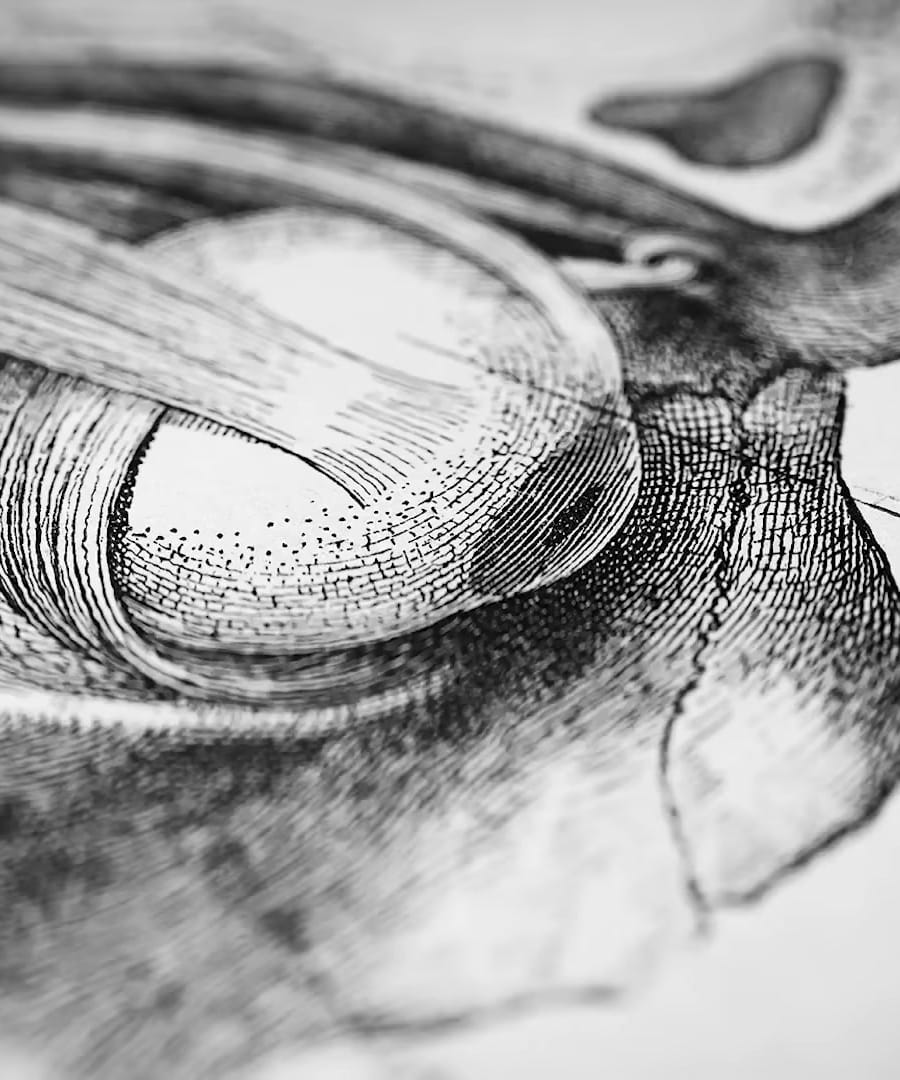Babies gut
Sources:
Newborns are born into an initially sterile environment within the womb, and microbial colonization begins after birth, leading to the establishment of the gut microbiota. This colonization is influenced by a variety of factors, including the method of childbirth and early life interactions. Babies born via cesarean section (C-section) initially have gut microbiota that more closely resemble skin microbiota, due to the lack of exposure to the vaginal microbiota and the mother's stool microbiota that occurs during vaginal birth. This early difference in microbial exposure can lead to distinct initial gut microbiota profiles between C-section and vaginally delivered infants.
The early developmental period from birth to around the first year is dynamic, with the assembly and maturation of the gut microbiota being influenced by diet transitions such as breastfeeding or formula feeding, exposure to household pets, and the use of antibiotics. These factors can set infants on different microbial trajectories with possible long-term implications for their health. The gut microbiota plays a critical role in the development of the immune system and metabolism, and the specific strains present early in life can direct different developmental pathways 1.
Additionally, the gut microbiota diversity in children can be affected by the environment they are exposed to, including contact with various external elements which contribute to establishing their internal microbial community. It's important to build a diverse microbiome during the first three years of life, which has repercussions for long-term health, including brain-to-gut and gut-to-brain signaling as well as immune function. Factors such as breastfeeding, exposure to different caregivers or pets, and antibiotic treatments are influential. Antibiotic treatment in early life, in particular, has shown to disrupt the forming of a healthy gut microbiome, although its reestablishment can help counteract some of the negative effects 2 3.
Understanding the complexities of the gut microbiome's impact on overall health and the interplay of various factors affecting microbial diversity early in life can help guide approaches for optimizing gut health and, consequently, overall well-being.
RELATED QUESTIONS
Babies gut
- RELATED QUESTIONS


